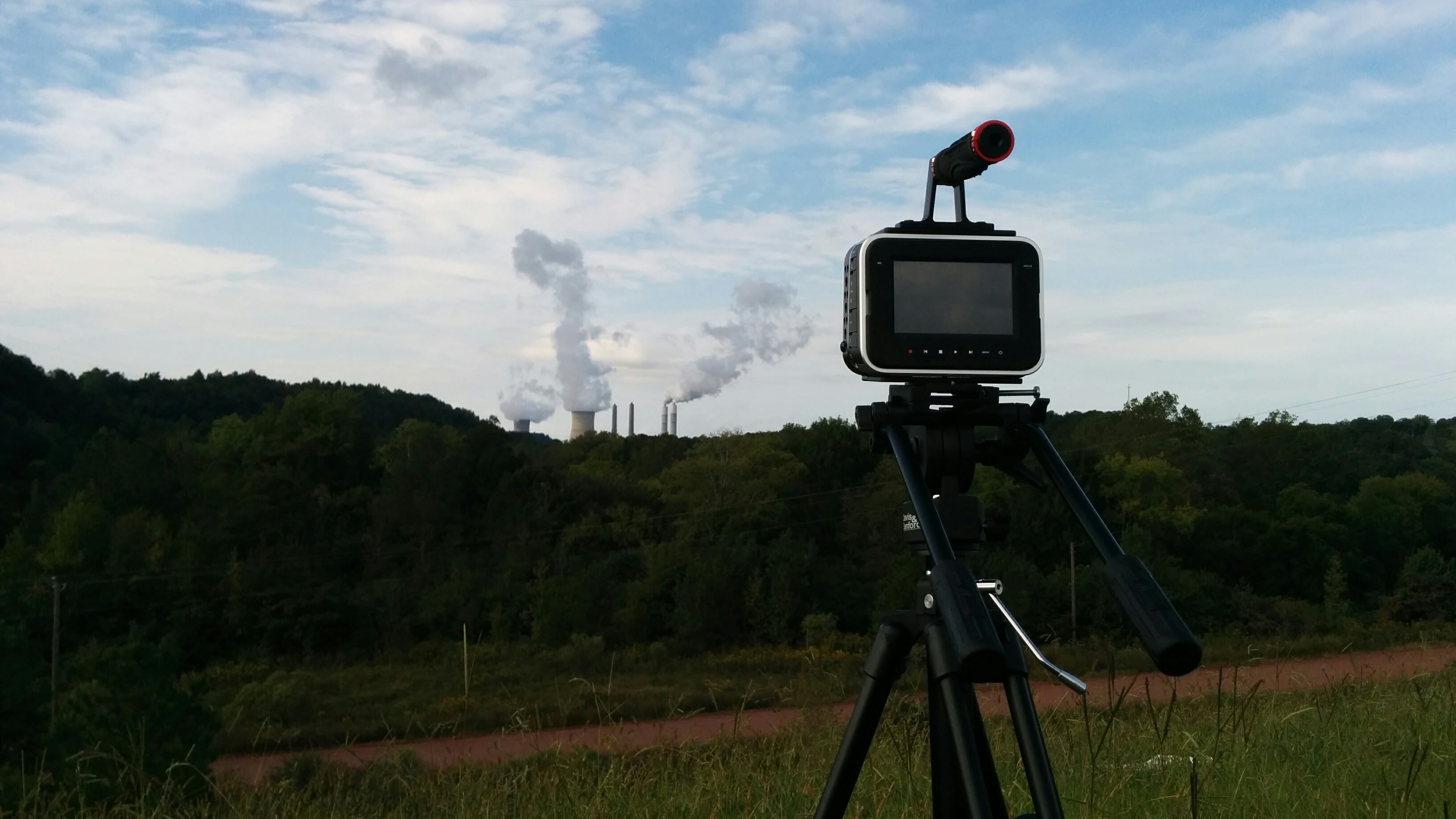
Our mission is to enhance the health and wellbeing of Alabamians by reducing air pollution, advancing environmental justice, and promoting climate solutions through education, advocacy, and collaboration. Healthy air is our raison d’etre. We strive to reduce air pollution, to educate the public on the health risks associated with poor air quality and to encourage community leaders to serve as role models for clean air and clean energy development. We provide the tools communities need to make healthy choices. We use the power of the law to strengthen air regulations, air pollution permits, and enforcement. Our aim is simple: healthier air for everyone no matter their zip code, race, or income. We also offer presentations to community groups, clubs, churches, and other gatherings. GASP is a 501(c)(3) nonprofit membership organization. Donations are tax-deductible to the extent allowed by law.
Our History
Alabama First was originally launched in 2009 as a 501(c)(3) non-profit organization to address the Birmingham area’s long-standing air pollution issues. In particular, our founders sought to reduce pollution from the area’s three behemoth coal-fired power plants owned and operated by the state’s largest air polluter, Alabama Power.
Our board of directors in 2010 learned of an organization called the Greater-Birmingham Alliance to Stop Pollution, or G.A.S.P. That group organized in the early 1970s as Alabama industries and governments resisted complying with the new federal Clean Air Act. Dangerous air conditions created a series of public health crises in Birmingham in the late 1960s and early 1970s, motivating young activists, public health professionals, UAB professors, and elected officials to form G.A.S.P. Together, they advocated for clean air policies, organized protests, and held a week-long “Right to Live Rally” that coincided with the first Earth Day. Thanks to G.A.S.P., the first time a federal judge exercised the authority of the Act was here in Birmingham, when Judge Sam Pointer issued a restraining order forcing local industry to shut down until air pollution abated.
Birmingham’s air quality has improved since 1970, but better is not good enough. Air pollution is still a problem in Birmingham, especially if you live in a community on the fence line of large polluting facilities like coke plants, coal-fired power plants, chemical plants, steel mills, metal recyclers, etc.
Become a supporter!
Donate or start a fundraiser
